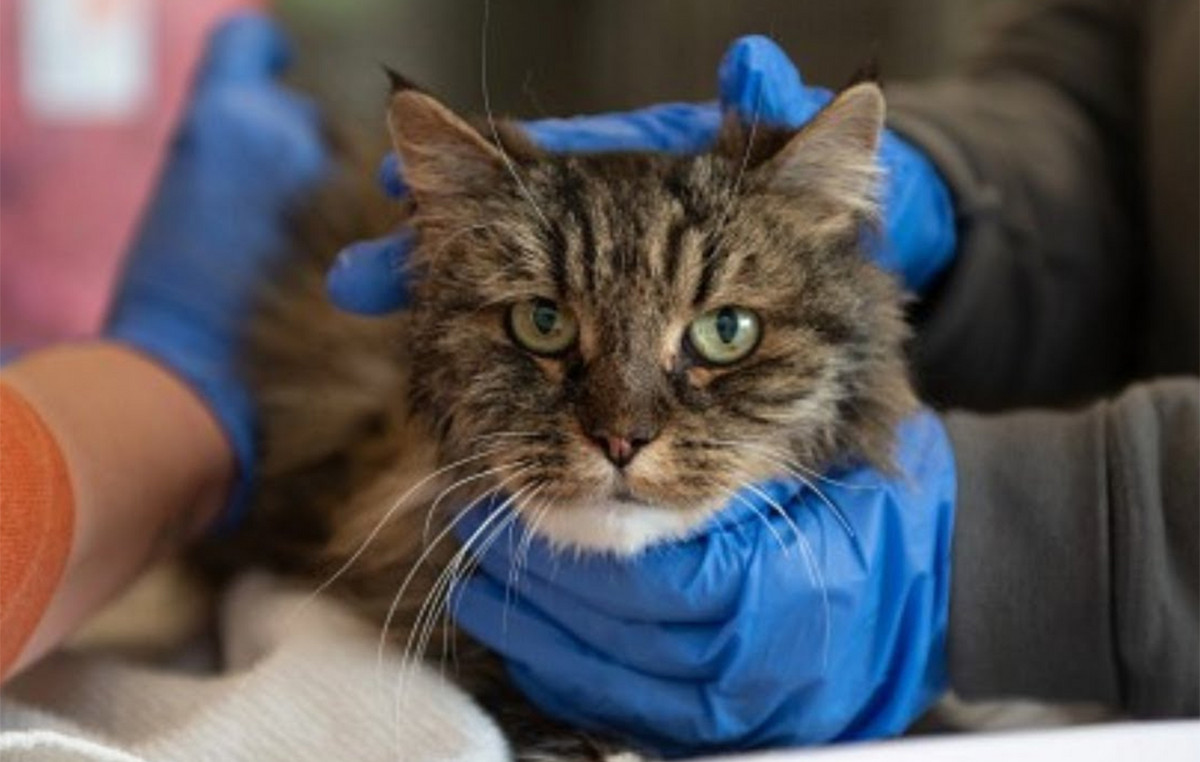THE puerperium It is one of the most challenging steps in the life of those who have just given birth. The period begins shortly after delivery, and although it is considered that it lasts about six weeks, it has no exact time, and many mothers can have their emotional effects longer.
This is a moment of intense physical and emotional transformations, marked by body recovery, hormonal adjustments and the arrival of a new being to the family routine.
At this stage, it is not just the newborn who needs care. Puerpera also requires attention – not only a medical, but also psychological, affective and practical.
Understand the next, why the puerperium is such a delicate period, what are the most important precautions and how self -care can (and should) be part of this journey.
Postpartum physical and emotional challenges
The postpartum involves pain, limitations and a constant need for rest. According to gynecologist and obstetrician Carla Betarelli, from Pro Matre Paulista Hospital and Maternity, balanced food, good hydration and proper rest are essential for the postpartum to recover – and also to be able to breastfeed safely.
“The body needs to recover from childbirth – whether normal or caesarean section – and at the same time being well to take care of a new life that depends on the mother for everything,” he explains.
But the challenge goes beyond the physical. Emotional impact is also significant, especially because of the sudden fall of hormones, such as the progesterone .
“Hormonal oscillations generate some emotional issues, easy sadness and a little bit of anxiety. Added to this, we have the novelty of a baby, which can generate a little insecurity and a little doubt,” adds Carla.
Breastfeeding and its obstacles
Although often idealized, breastfeeding can be a painful and uncertain process. Many women face difficulties with the baby’s caught, nipple wounds and fear of not being able to produce enough milk.
Fernanda Andrade, nursing coordinator at Startup L2D Digital Health, reports how education on the subject and support for postpartums at this time contribute to making breastfeeding a more peaceful moment. She coordinates the company’s project at Santa Casa de Tatuí (SP) and the Itupeva Municipal Hospital (SP), which welcomes women during the postpartum for 60 days.
“These are mothers who report pain when breastfeeding, breast and nipple bleeding. With the guidance of how to have the right handle or the proper position, we can make the moment not synonymous with difficulty or pain.”
Puerperium without guilt
Reconciling baby care and self -care can lead to guilt. Many mothers feel they are neglecting the newborn when they take time for themselves.
For Fernanda, the challenge is, precisely, to point out how essential care is for the baby’s well-being,
Take care of yourself first, so that you can take care of the baby. ”]“ I talk a lot about it: it seems that together with the baby is also born the guilt. This is what we try to demystify. The main thing is to show that there is someone who depends on her. So she, she [precisa] take care of yourself first so you can take care of the baby. ”
”Fernanda
Importance of the Support Network in Puerperério
Adaptation between mother and baby is an intense – and lonely process when there is no help. The presence of people who help with simple tasks, such as cooking, cleaning or just listening, makes all the difference.
“The support network is important for her to be able to keep rest. This person can prepare a food, clean her house… and that many don’t have,” says Fernanda.
Demystifying the puerperium
Myths are still part of the popular imagination and directly impact women’s welfare. Some of the most common and which are considered false, according to Carla:
- not being able to raise your head after anesthesia: Current techniques allow the woman to get up and bathe on the first day after delivery;
- not being able to wash the hair for 45 days: Personal hygiene is allowed and recommended;
- breastfeeding prevents new pregnancy: Breastfeeding is not safe contraceptive method;
- You can only eat soup: Food should be varied and balanced, including fish and vegetables.
Puerperium beyond six weeks
Traditionally, the period is considered up to 42 or 45 days after delivery. However, the importance of a broader and more prolonged approach is currently discussing the importance of each woman’s particularities.
“This vision of the late and prolonged puerperium that sometimes goes beyond 60 days, depends a lot on each person. In this time, the body begins to return to normal. But the focus is restricted to the physical issue (operative wounds, the points, does not make efforts and physical activities, food), which is very important.
In the project developed by L2D Saúde, in which the nurse is part, one of the objectives is to promote care with the postpartum over two months with affordable materials that make the period more relaxed.
When to seek medical help?
Mental health deserves attention and should be signaled to the responsible doctor.
“Puerperal blues can happen between 50 and 85% of women postpartum and is characterized by emotional lability: an easy crying, sadness without a very specific cause, a little anxiety and sometimes insomnia (self-limited and transient)-even the mother being very tired. Different from postpartum depression, which occurs in up to 10% of puerpeous women is considered more serious, adding medical assessment.”
Discomfort and pain are common in the puerperium, but some signs require immediate attention. Pain that do not pass with the use of medication, persistent fever, surgical wound secretions or excessive redness are indicative of possible infections. Infections in the operative wound, by the way, is one of the causes of maternal mortality in the postpartum.
According to the maternal mortality monitoring panel, maintained by the Ministry of Health from data on the mortality information system, at least 62 people died in 2024 with the cause of death infection.
The pregnant and postpartum compliance panel of the Brazilian Obstetric Observatory (OOBR) points out that 400 women died in the postpartum in the last year (399 people up to 42 days; and 1 person within 43 days to 1 year). The 2024 data is still preliminary.
In 2023, the number of deaths was 742 people, all in the 42 days postpartum. OOBR gathers records of deaths of pregnant or postpartum women from 1996 to 2024.
“The concern is still very on top of the baby [no pós-parto]leaving maternal health on the plane. In no way should you not worry about the health of the baby. What we want to point out is about looking at their health, ”says Fernando Palma – project director at L2D Saúde Digital.“ The focus is on supporting the binomial [mãe-filho]And to the family, ”concludes Fernanda.
Breastfeeding protects mother, baby and environment, says expert
This content was originally published in Puerperium care: how to ensure postpartum physical and emotional health on the CNN Brazil website.
Source: CNN Brasil
I am an experienced journalist and writer with a career in the news industry. My focus is on covering Top News stories for World Stock Market, where I provide comprehensive analysis and commentary on markets around the world. I have expertise in writing both long-form articles and shorter pieces that deliver timely, relevant updates to readers.







